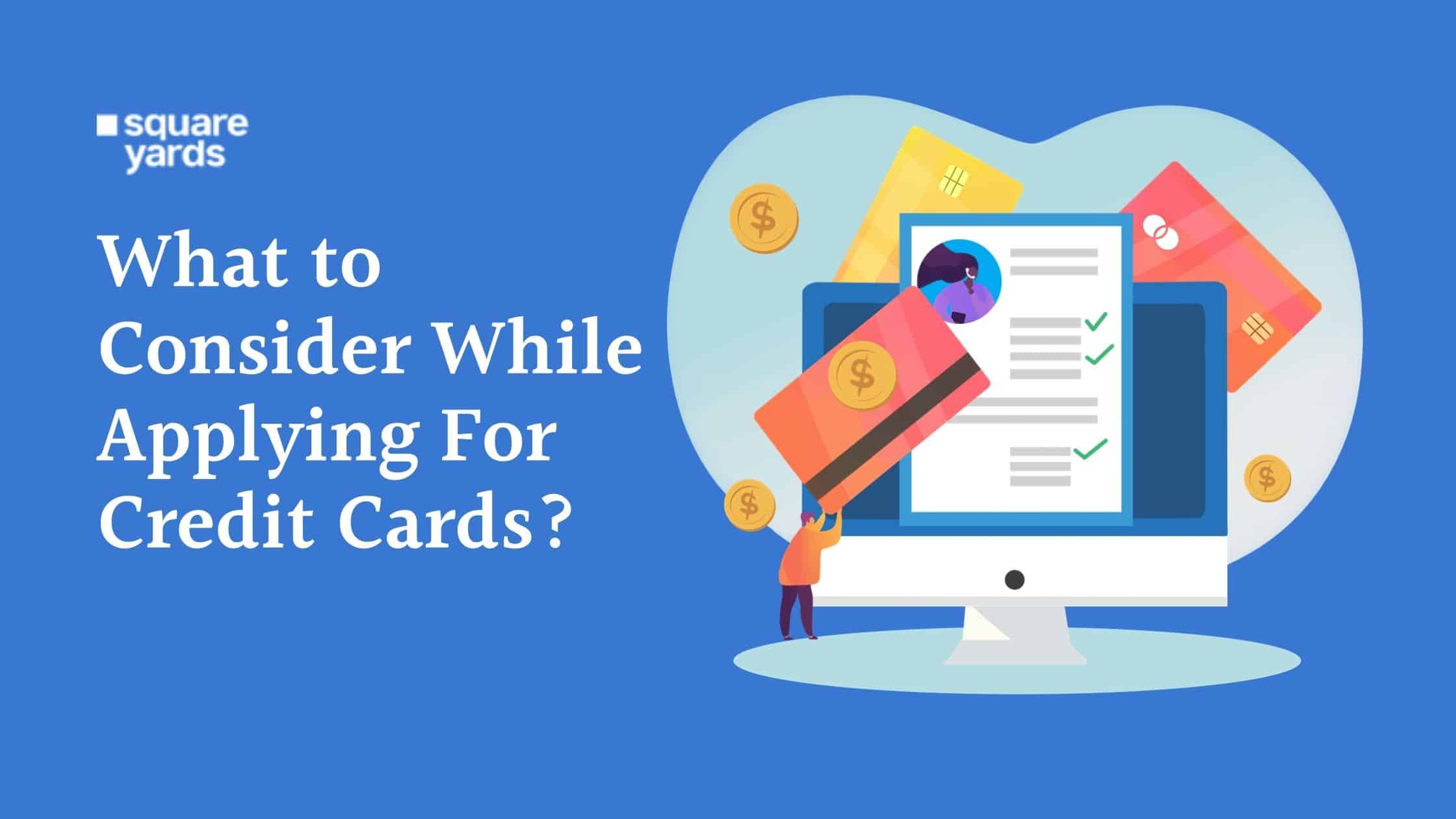If you are thinking of applying for a credit card anytime soon, then there are several aspects worth noting in this regard. Credit cards need careful handling and you should ensure that you get the best possible solution for your needs at the outset.
Credit card applications may seem fast enough through online platforms offered by your financial institution or credit card companies. However, take some time before applying. There are many things that you should ideally keep in mind.
3 Things You Should Note
| Secured or Unsecured | Interest-Free Duration | Rate of Interest |
|
|
|
Some Other Points Worth Noting
- Minimum Payment Amount- On the basis of your transactions, you will either have to pay the entire pending amount or a minimum amount. You can always pay more than this minimum amount. It is calculated on the basis of a fixed percentage of the present balance outstanding or the entire interest plus 1% of the principal in some cases. This calculation may vary across credit card companies. Watch out for the same.
- Added Fees- Credit cards come with several fees which are payable every year. They include charges for delayed payments, cash withdrawals from ATMs and more. Look out for these costs before signing on the dotted line. Some cards also have annual fees which you should enquire about. Some offer cards without annual fees for only an initial period. Late payment fees may often be fixed charges or a percentage of the principal outstanding. Enquire about the same. There are costs for using cards over and above your limit and also fees for cash advances.
- Balance Transfer- Many credit card companies offer balance transfer facilities, where you can switch to a new company at a lower rate of interest. This facility should be present.
- Foreign Transaction Charges- You should check these carefully if you intend to use your card while travelling.
- Credit Limit- Your credit limit is the maximum amount you can borrow for transactions, depending on your eligibility and credentials.
- Rewards and Benefits- If you are applying for a credit card ensure that you get a detailed overview of the special discounts, deals, benefits, rewards, cashback, loyalty points, freebies and so on. Many cards have brand partnerships galore along with offering benefits for flyers, fuel purchases, retail purchases and more.
- Add-on Card Provisions- You may extend your credit card perks to another family member with the add-on card. Check if this is possible with your credit card company.
The Core Take-Away
Make sure that you thoroughly compare the interest rates, features, rewards and benefits of multiple credit cards online before taking a final decision. This is possible at several online portals in the country. You should always factor your needs into account along with assessing whether you should get a secured or unsecured card. Avoid using multiple credit cards and spending close to your credit limit or beyond it. This will only negatively impact your overall utilization ratio of credit and hamper your credit score.
Always make payments on time in order to avoid paying high penal interest and a poor credit score. Initially, you can consider starting with a lower credit limit and this will also be emphasized by most credit card companies. Once you manage your credit card over a period of time, you will get an option to increase the limit likewise. While the credit limit is tied to your overall income, credit card companies sometimes suggest starting small, before they scale up the amount. These are some things that you should always remember before applying for a credit card.




